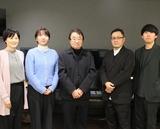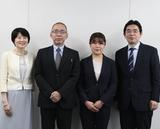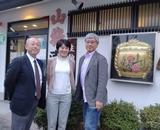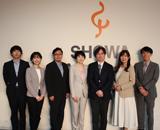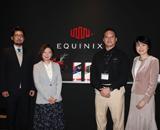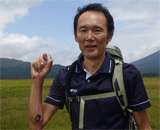September 2023
Diversifying Music Education: An Interview with the Showa University of Music Vice Chairman, Kimihiro Shimoyakawa
The Showa University of Music of the Tosei Gakuen Educational Foundation traces its roots back to a vocal music institute established in the 1930s. The university's innovative thinking and diversity stand out as particularly unique in the field of music education. Over the years it has engaged in pioneering initiatives that no other music university has tried before. For example, its predecessor, the Tokyo Seisen Music School, introduced a jazz music course, which was rare for music schools at the time. Then, after becoming a music university in 1984, it added courses related to producing music along with courses on pop and rock music. We sat down with Vice Chairman Shimoyakawa, whose grandfather was the founder of the university, and asked about the secret to continuing innovative music education initiatives and the importance of communication between the students and teachers.
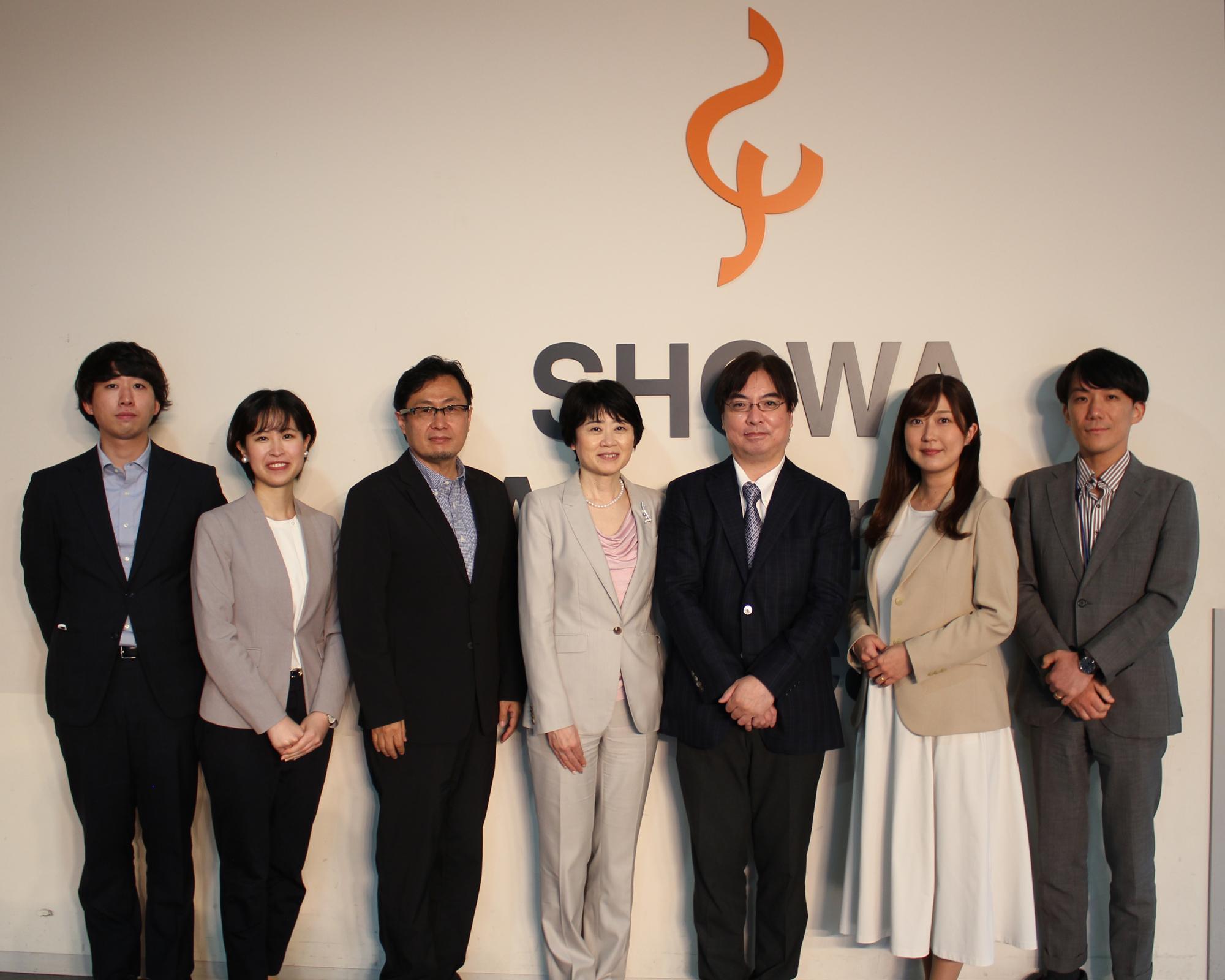
- Profile
- Kimihiro Shimoyakawa: Vice Chairman of the Board, Showa University of Music
- Yuichiro Yanagi: Supervisor, Office of Admission and Public Relations, Showa University of Music
- Ai Ito: Showa University of Music, Office of Admission and Public Relations, Showa University of Music
- Mariko Ohsato: CEO & President, Arc Communications Inc.
- Yoshihiro Sato: Operating Officer, Web & Cross Media Executive Manager, Arc Communications Inc.
- Yui Hyodo: Website Production Manager, Web & Cross Media, Arc Communications Inc.
- Ryo Toyama: Sales, Web & Cross Media, Arc Communications Inc.
Education That Gives Form to "Expressing" and "Conveying"
Ohsato: Firstly, could you tell us about the history of the Showa University of Music and your background?
Shimoyakawa: The Showa University of Music opened in 1984. Its roots can be traced back to a vocal music institute that my grandfather, Keisuke Shimoyakawa, founded in 1930. My grandfather was a bass-baritone singer and passionate about opera education. To this day, I think he was unique for establishing the Tokyo Seisen Music School in his day in Shinjuku, Tokyo, in 1940 ("seisen" means "specializing in vocal music" in Japanese). The music school that my grandfather founded grew into today's Showa University of Music.
I often visited the school, ever since I was a child, so I clearly remember what it was like back then. To me, it looked like the students came to the university, not to study, but to gather on-campus to be passionate and boisterous. They would hold deep discussions in the lobby that lasted well into the night, then go out drinking, hurt their throats and get told off the next day in class. Back then, I watched this with a bit of scorn, thinking there was no productivity in what the students were doing. But now, I believe such an environment is beneficial and important. There are many things that appear unproductive at first glance, but are necessary to improve one's skills or artistic sense. Right now, I do my job thinking it's our responsibility to leverage these sorts of experiences to benefit students in the present.
Sato: When we think of music universities, most people tend to picture a stoic education focused on classical music. But the Showa University of Music offers a variety of courses, such as programs on music business, modern music and various initiatives that leverage music.
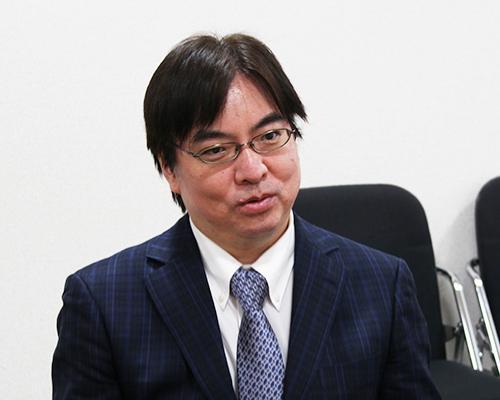
Shimoyakawa: Twenty-five years ago, when I was thinking about how the university should proceed, I looked up the history of the Tokyo Seisen Music School. I found out that the jazz singer Noriko Awaya had been a teacher there and that it offered a diverse range of classes that you would never expect to find at an old music school. After discovering that these were the roots of the university, I began to think we could serve students by offering a place of diverse studies. That led to creating courses such as Sound Produce and Pop & Rock Music (previously called Popular Music), which were rare subjects at the time.
Sato: Many music universities today offer various departments and courses, but I feel the uniqueness of the Showa University of Music makes it really stand out. Is that a strategy to develop the university's business?
Shimoyakawa: As you may know, wanting to express oneself is a driving force in music and the arts, and there are many ways to convey and share that with everyone. The education that we offer is for students who have such a desire for expression, and our aim is to help them convey their feelings. That's why we try out many new and different initiatives. For example, in the 1800s, a composer as famous as Verdi writing a new composition would have created a sensational buzz. I believe our education is one that strives to emulate such a social phenomenon by producing new forms of expression that can be appreciated in the present day.
Since the faculty's imagination can't cover all that the students want to convey and express, an important part of our job is to pick up on their needs and feelings and give shape to them. So, to be honest, we're not really thinking about whether our decisions will be good for business. When we created the Sound Produce course, for example, we were really worried about whether students would even apply. Thankfully, it drew many students and has become so popular that, looking back, we would have had a hard time without it.
A Rarity in Music Universities: The Popular Music Course
Toyama: Mr. Yanagi, I heard you graduated from the Popular Music course (presently the Pop & Rock Music course). At the time, did you know that you could take such a course at university?
Yanagi: There were very few music universities that offered courses in popular music back then, so the curriculum at the Showa University of Music was already really diverse at that point. I took the Arts Management course in the Department of Music and Arts Management at first, and then later transferred to the Popular Music course (the name of the course at the time). I thought it was truly revolutionary that you could receive a university education and obtain a degree while taking practical classes in popular music at the same time. I feel that being able to take such a course at a music university has led to many more students choosing a music university over a vocational school these past 20 years.
Toyama: Why did you choose to take the Arts Management course at first?
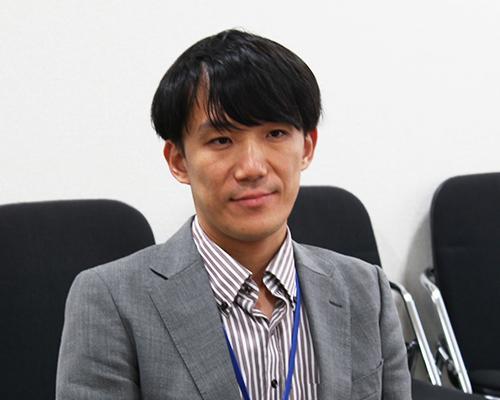
Yanagi: I didn't think I had enough knowledge of classical music, but I wanted to study music at university and work in the music industry. So, I thought this course was perfect. For a high school student who wasn't looking to be a classical music performer or a music teacher but wanted to work in the field of music, this course was an incredibly unique and groundbreaking option at the time.
Ohsato: What's the secret to how you keep incorporating new forms of education?
Shimoyakawa: Students often have the answer to that question. When I'm not sure how to proceed with future programs, I tend to talk to the students and casually ask questions like, "What are you interested in right now?" or "What sort of things do you think about?" When we plan intensive programs, I make sure to participate and share the things I've picked up by talking to the students.
Almost Half the Students Have Filed Income Tax Returns
Sato: I feel like the students of the Showa University of Music are quite different from students of other universities...
Shimoyakawa: Sometimes, even we are surprised by how unique they are. The other day, I asked a securities company to hold a lecture on finance. At first, I was worried about whether music students were even interested in the topic, but I also knew that many of our students are very sensible with money. So, I went ahead and organized the lecture. To our surprise, the students listened very attentively.
I later spoke to the lecturer from the securities company, who said the lecture covered finance in general, but the students seemed most interested in income tax returns. He asked the students how many of them had filed income tax returns before and about half the class raised their hands. This surprised even the lecturer, who said this was the first school where half the students had experience in filing income tax returns. When I talked to the students later, it seems many of them are able to tie their music studies straight into work (as part-time jobs, for example).
Toyama: Wow, to think half the students file income tax returns...
Shimoyakawa: What's more, the students appeared to be very interested when the lecturer talked about how finances relate to designing future careers. Some people will turn music into businesses and others won't. This experience with the finance lecture shed new light for me on how to go about restructuring education, such as how we should communicate with students these days and what kind of education we should offer.
Sato: So, communicating with the students is important for structuring education itself.
Shimoyakawa: Yes, very much so. I feel that the so-called Generation Z has an incredibly strong sense of responsibility toward what they say and express. When they speak, they don't speak out of an emotional impulse. Instead, many of them think about how their words may affect the school or their friends. They're very much adults and are thinking with a long-term perspective. So, communicating with the students is a very important element when considering how to develop the university's platform going forward.
Feature Interview Index

